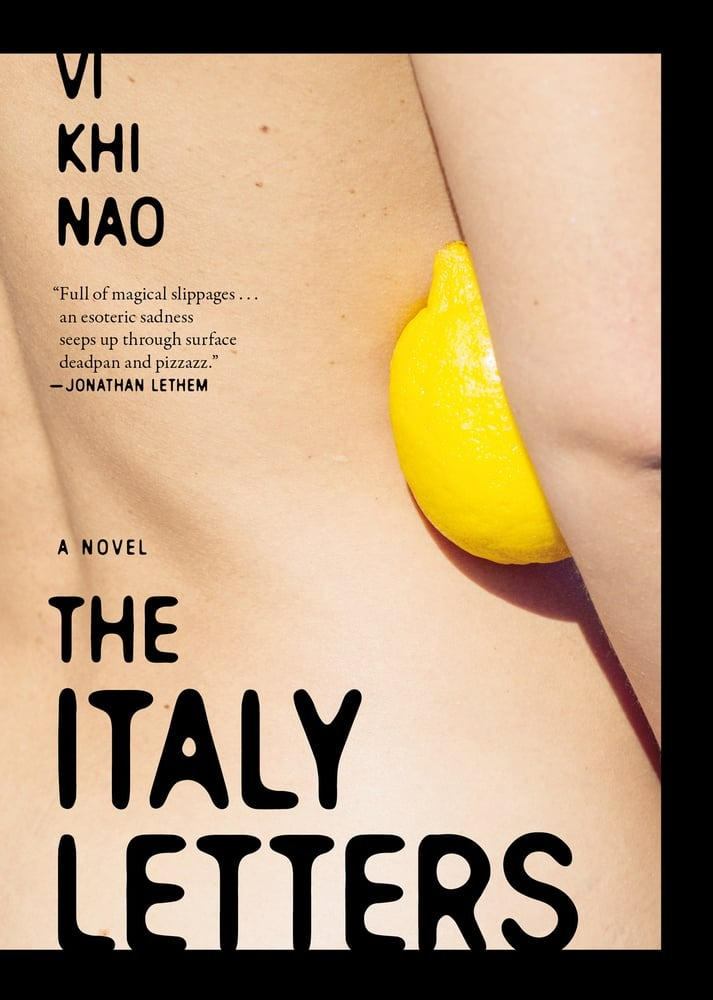Buy this from Bookshop.org to support local bookstores and the Lesbrary! The Italy Letters by Vi Khi Nao (August 13, 2024) reads like bitter chocolate with rich undertones that will pique the acquired tastes of readers looking for poetic experimental fiction and stories about the mid-life crises of disillusioned literary fiction writers who are not cishet whiteRead More
